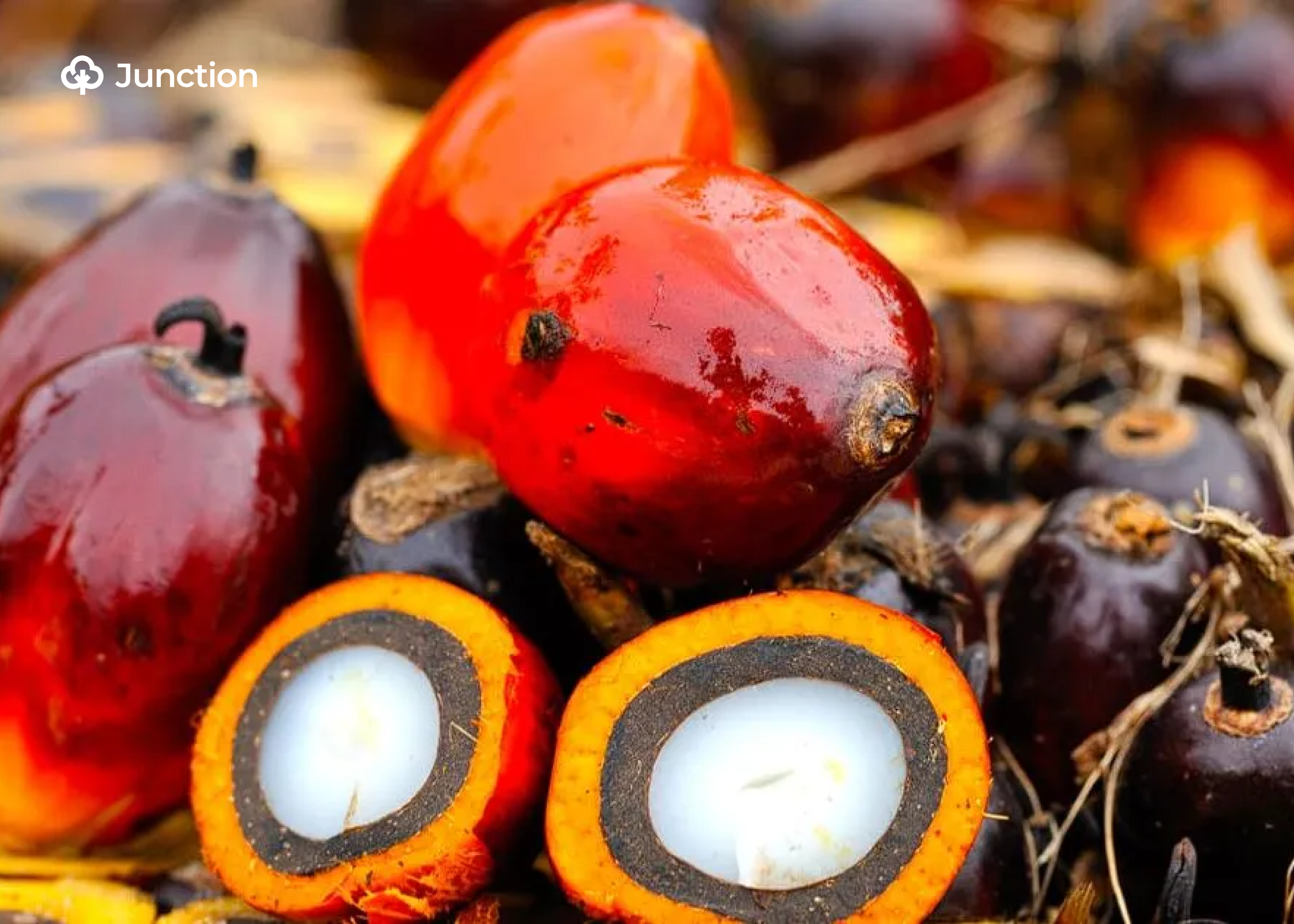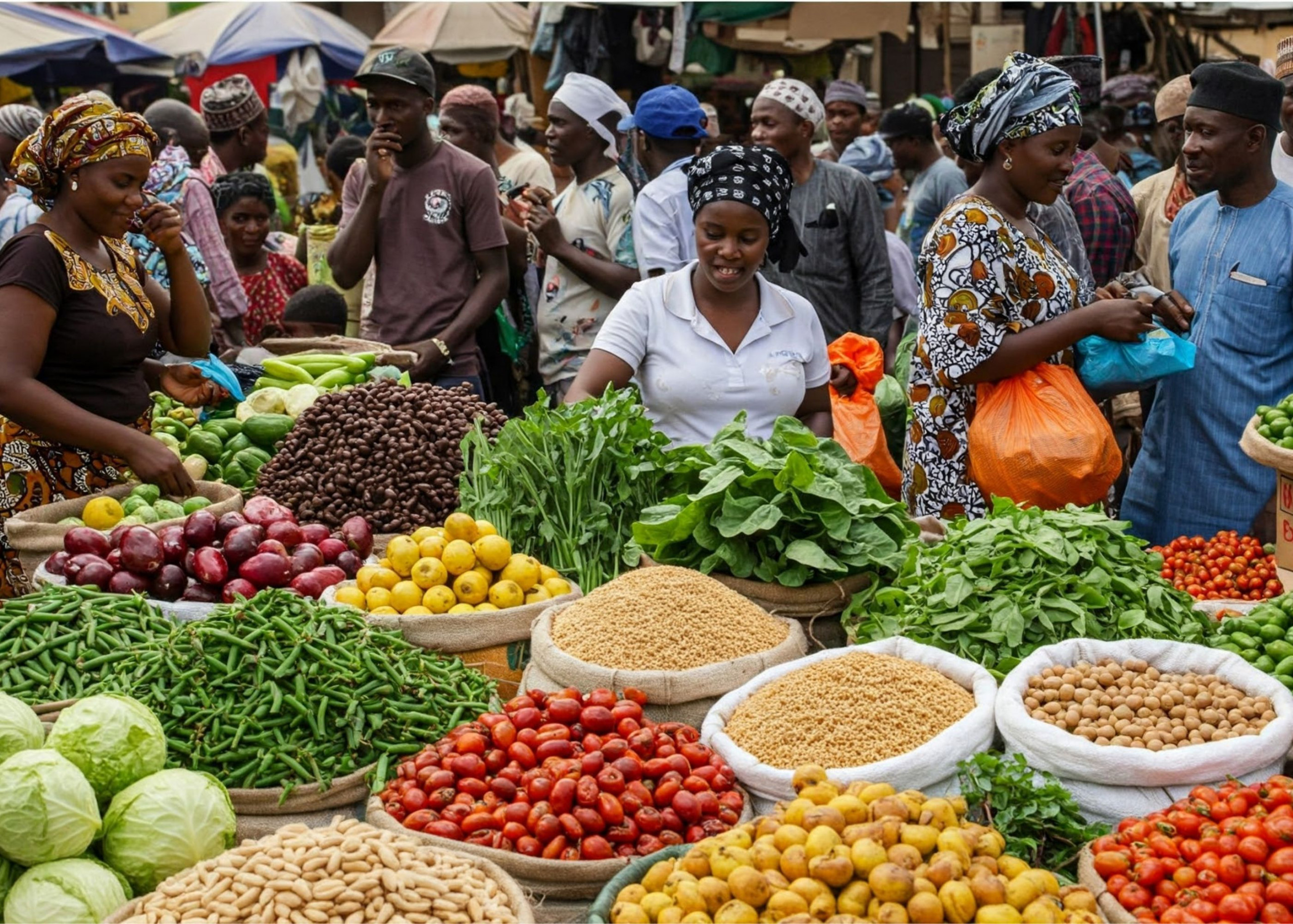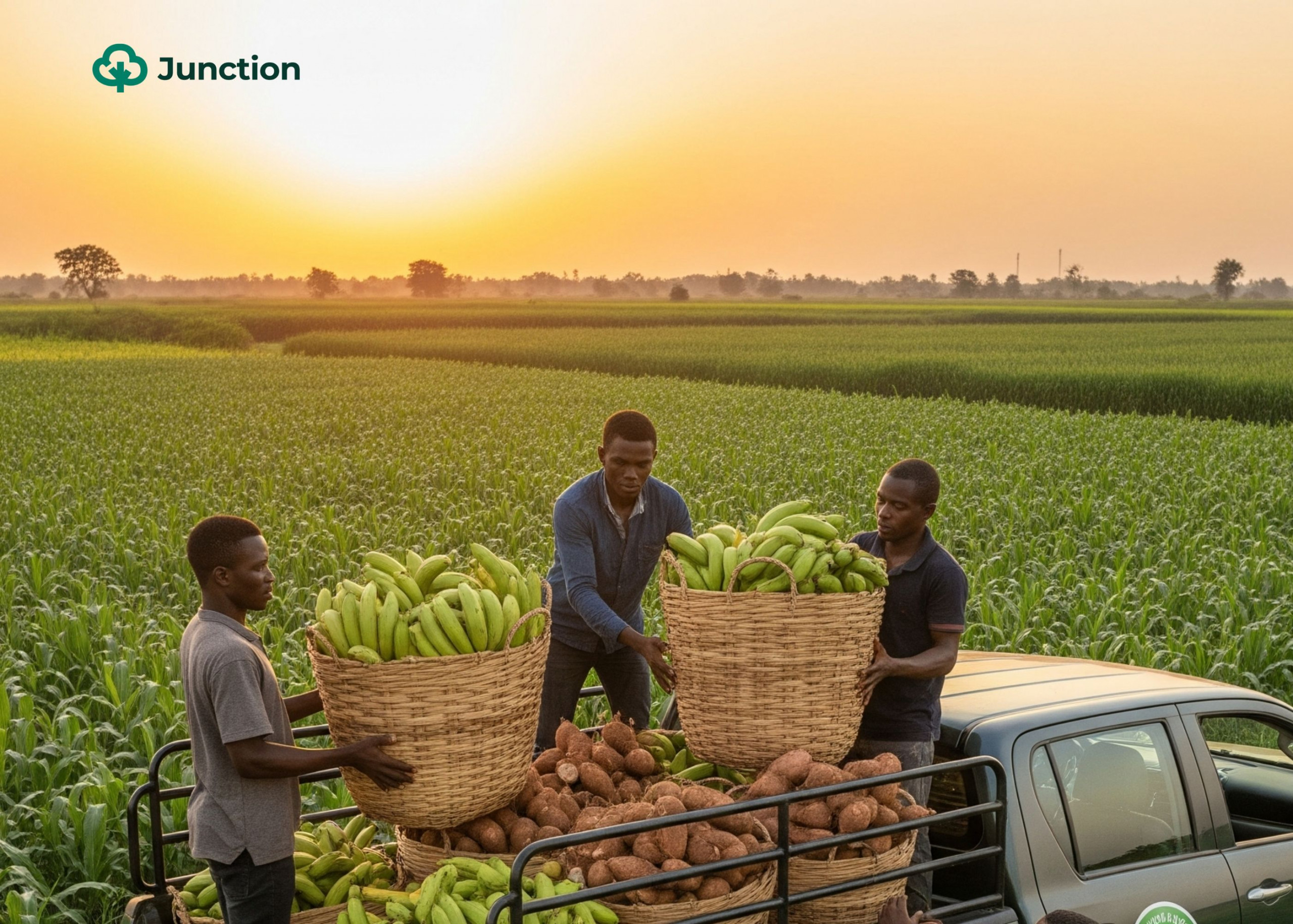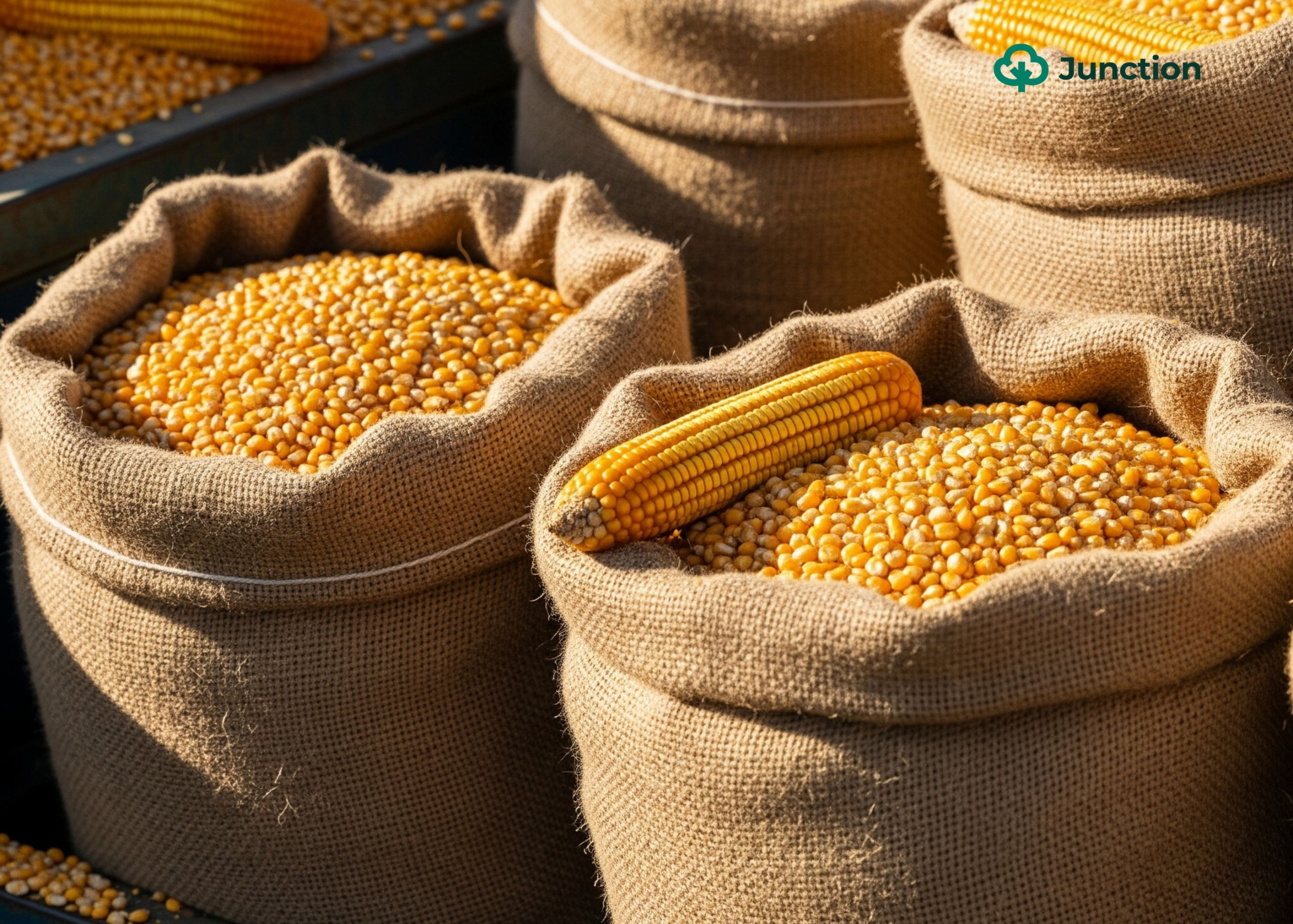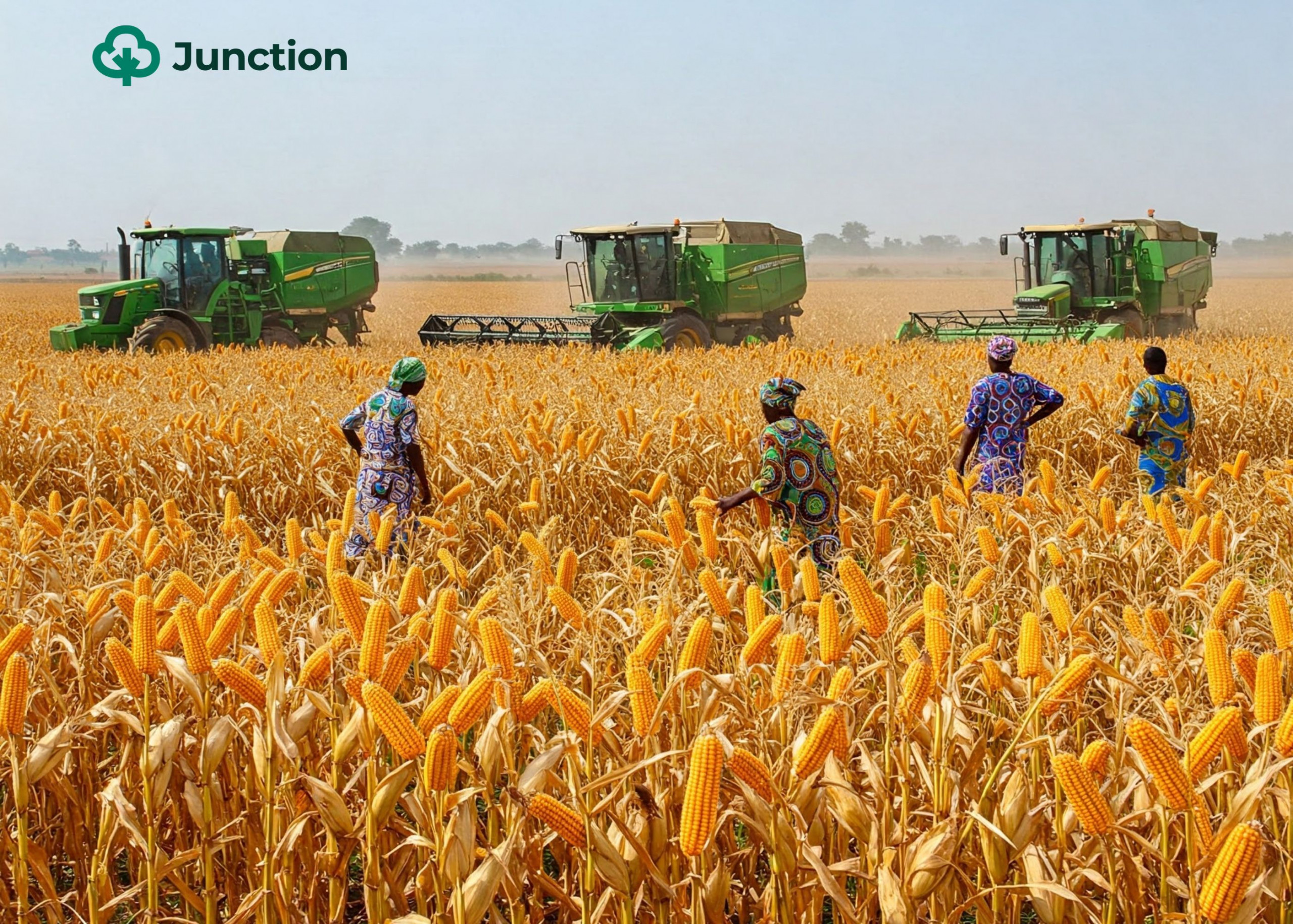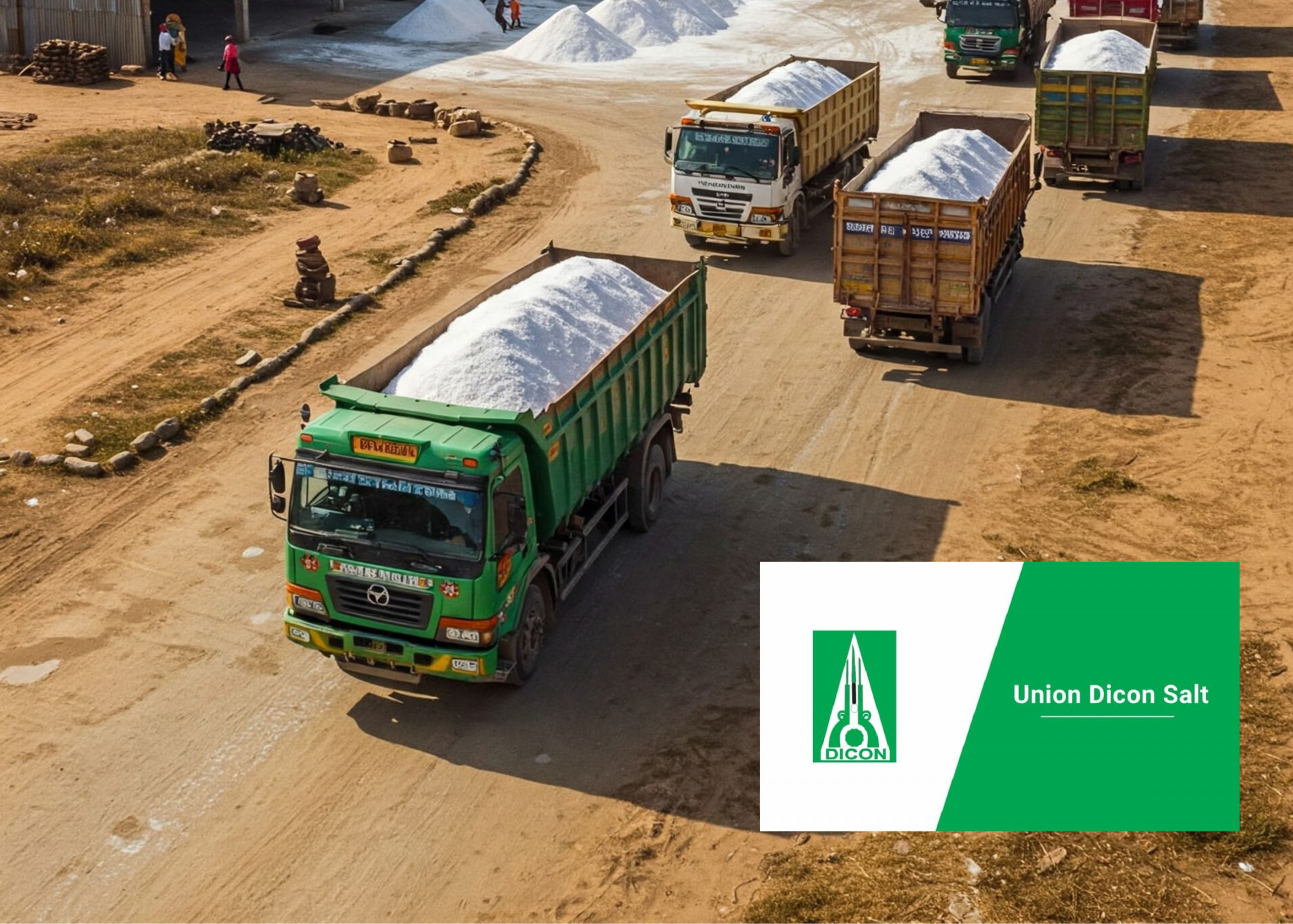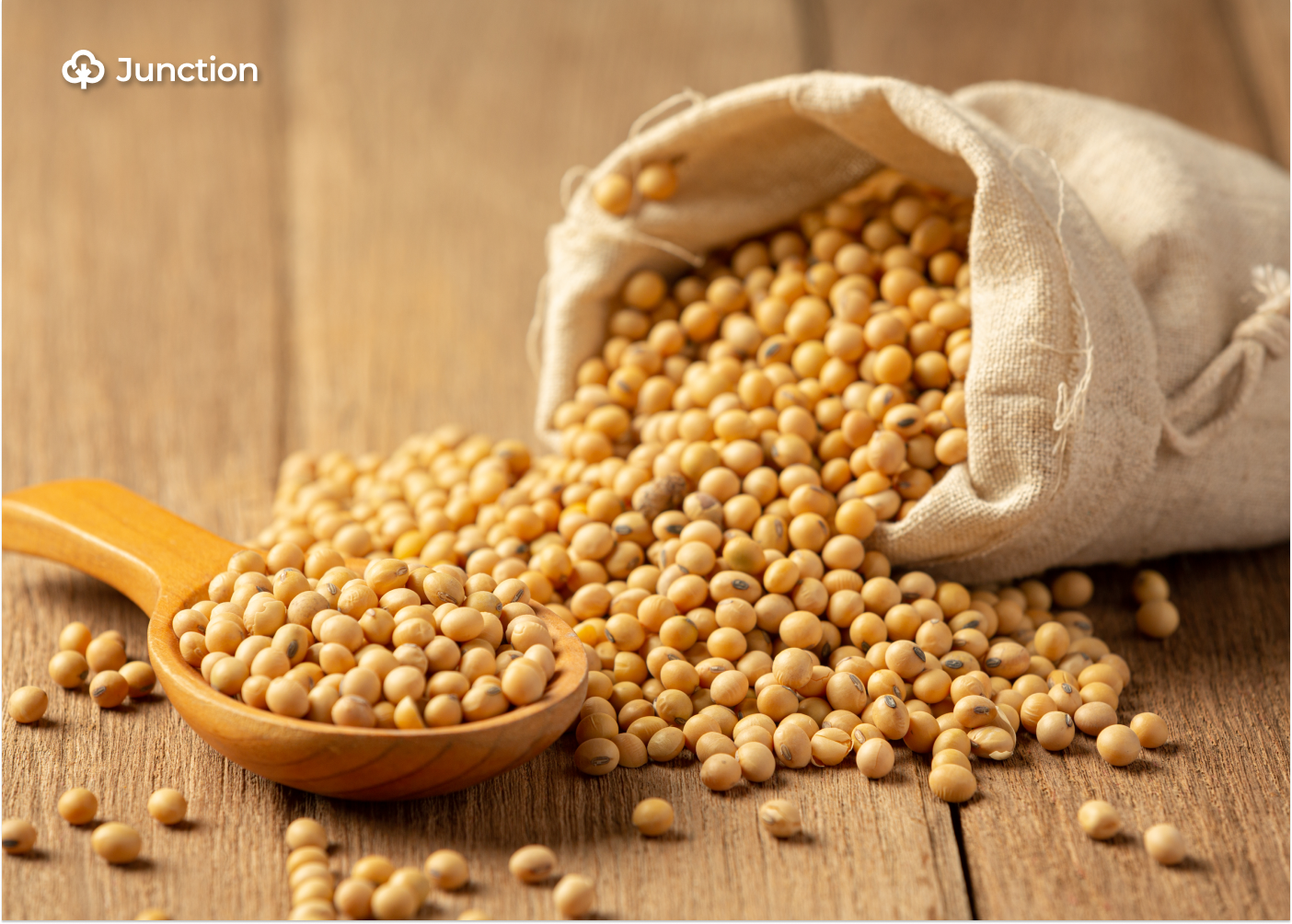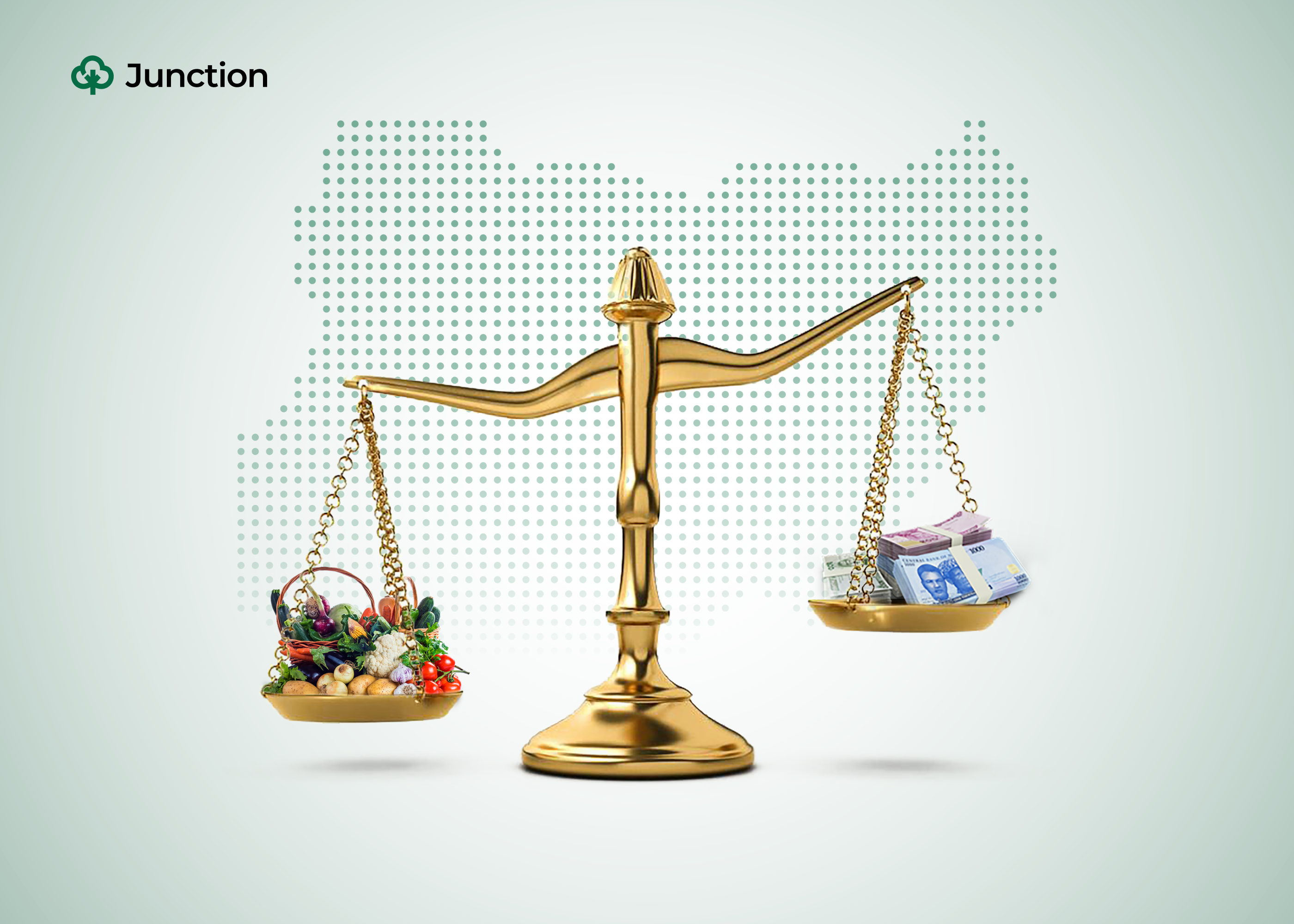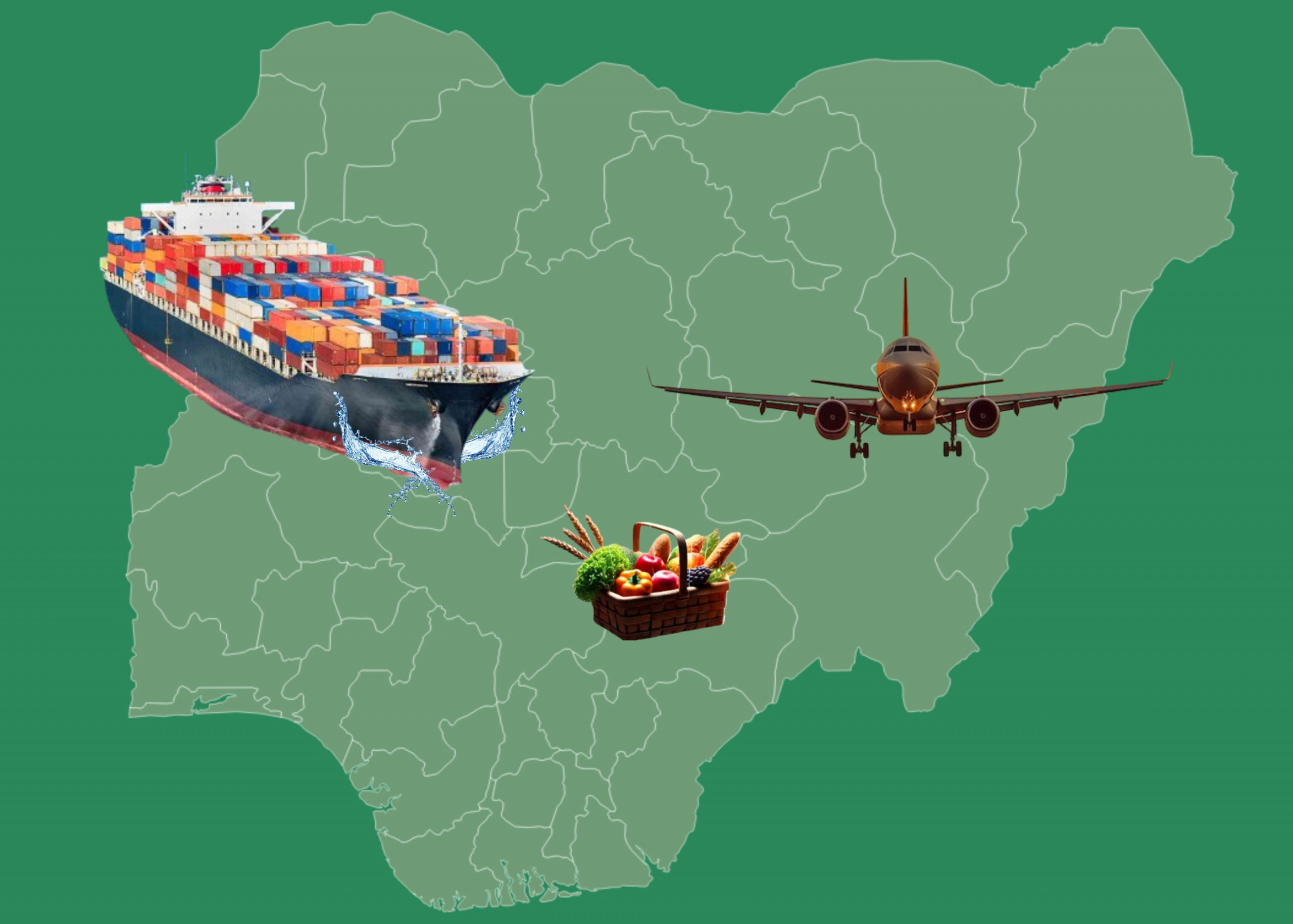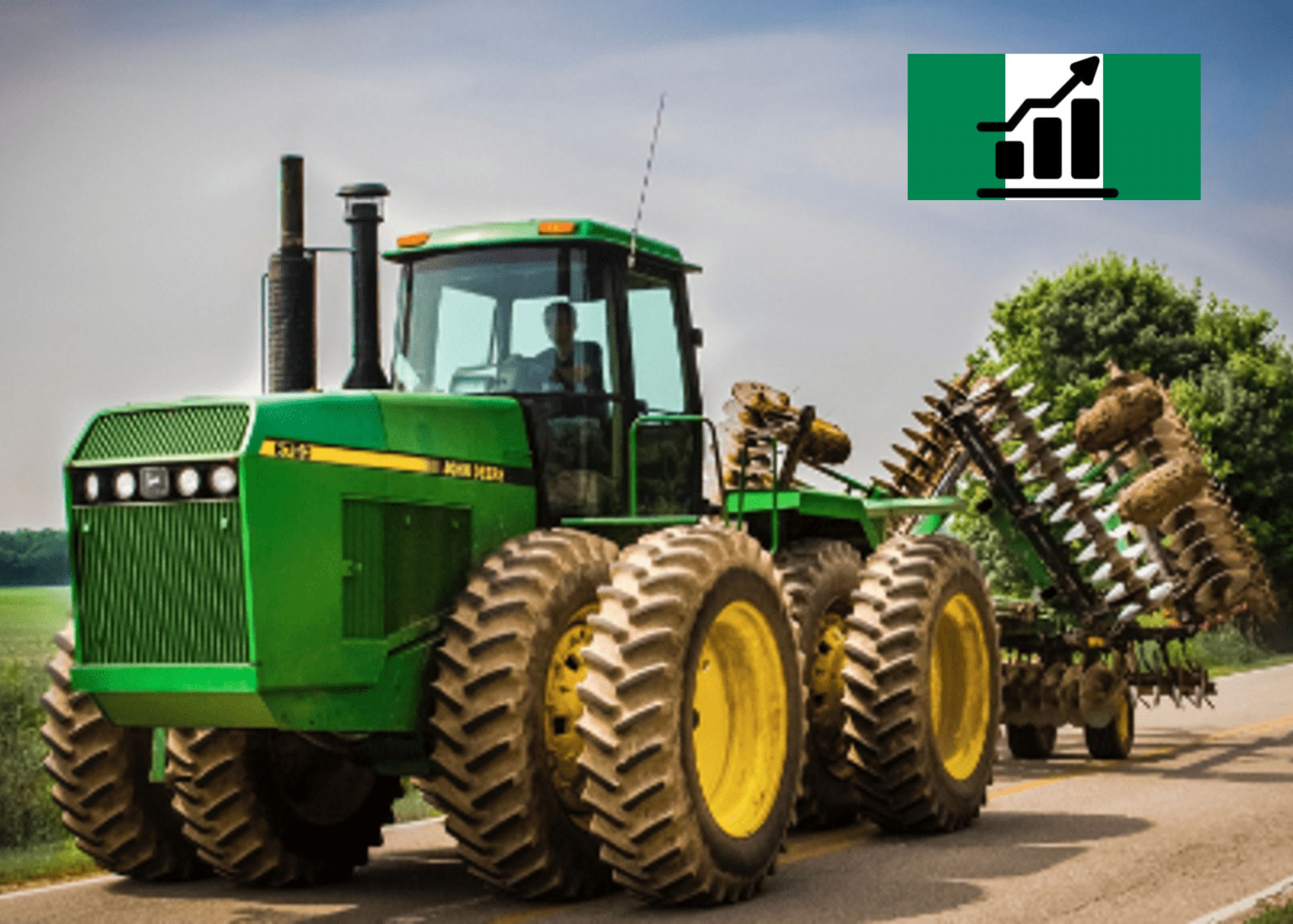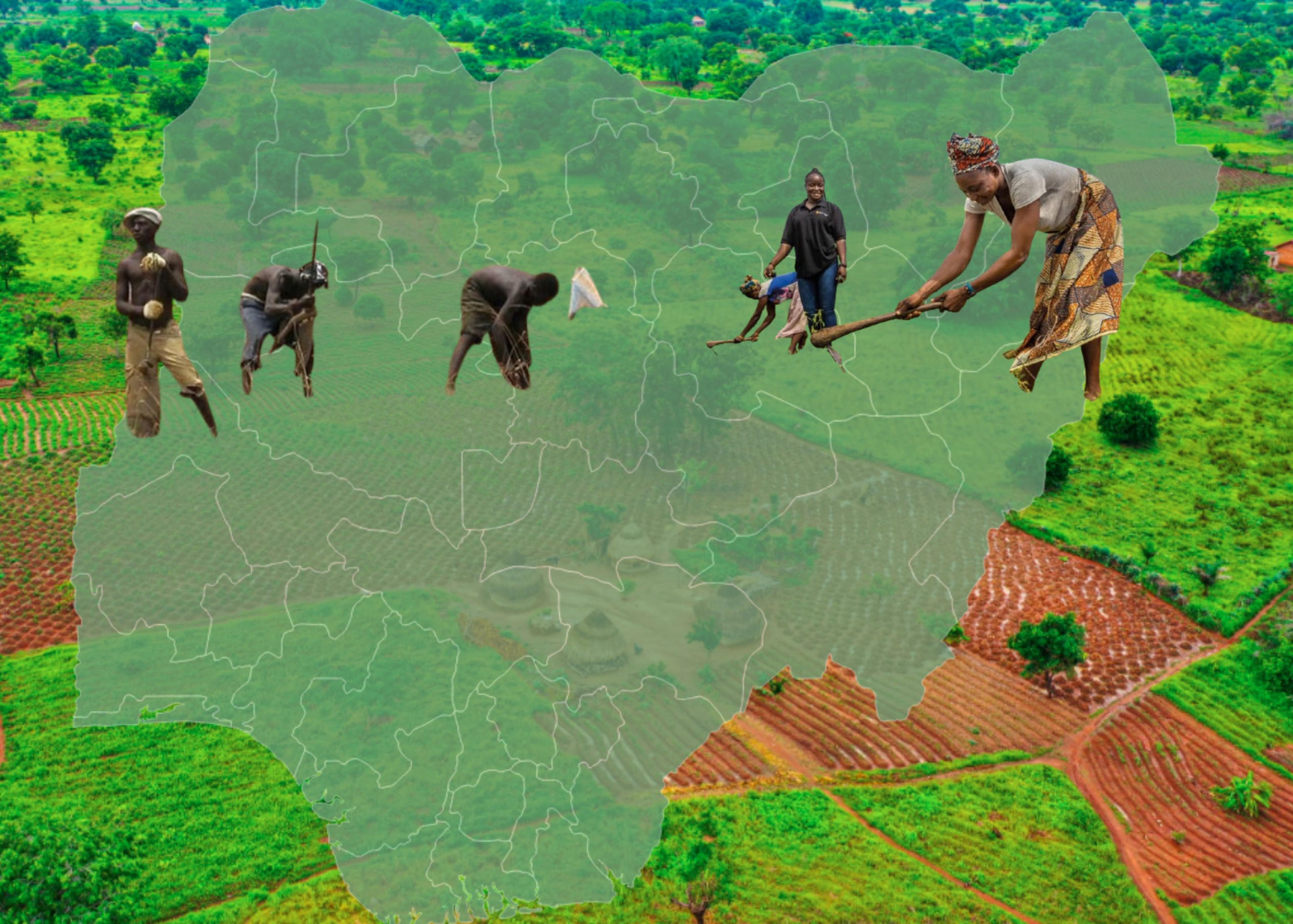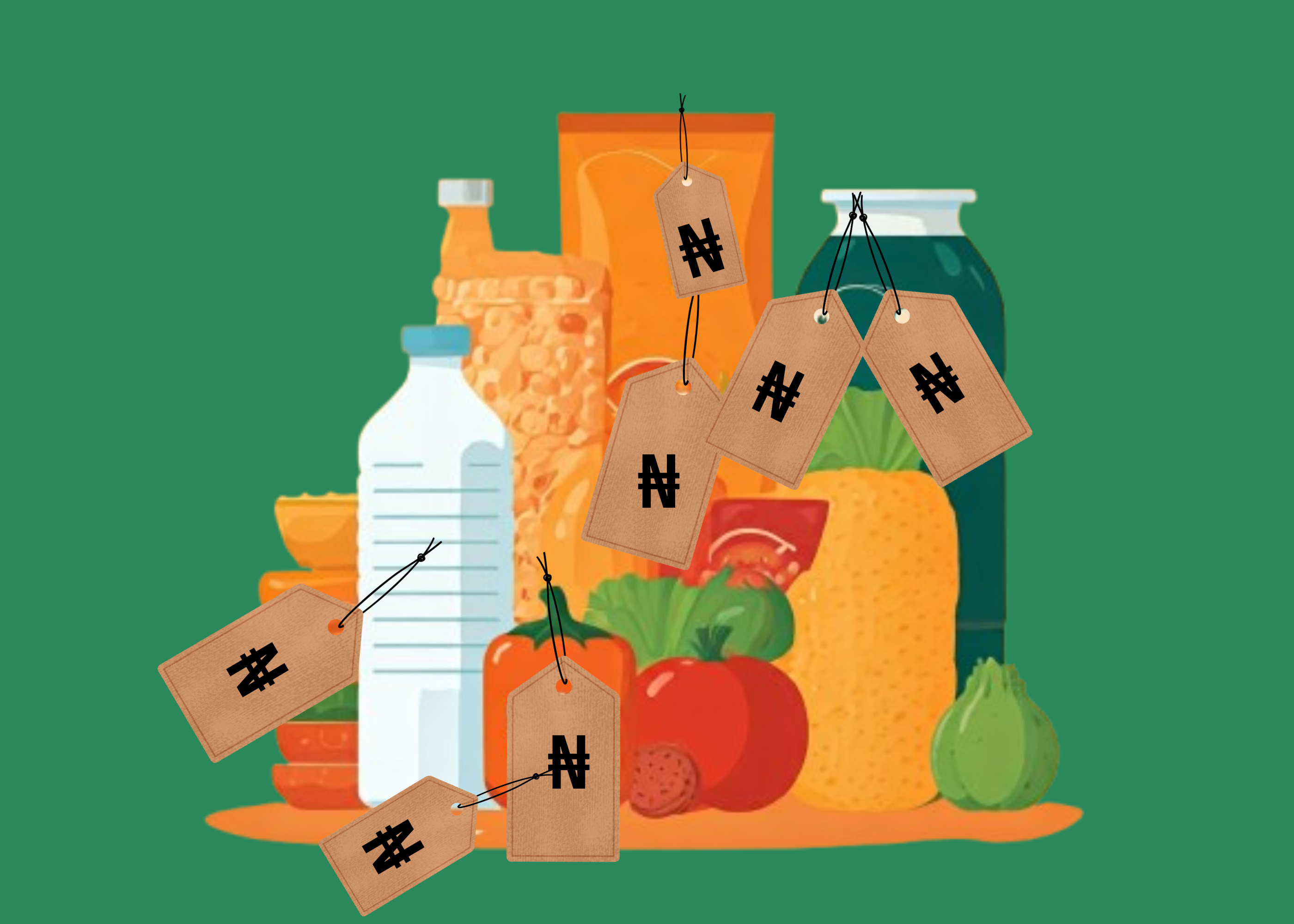Contact us: +2347026896031 info@thejunction.ng
[tdb_header_logo align_vert="content-vert-center" media_size_image_height="64" media_size_image_width="300" image_width="eyJhbGwiOiIxODAiLCJsYW5kc2NhcGUiOiIxNjAiLCJwb3J0cmFpdCI6IjE0MCIsInBob25lIjoiMTUwIn0=" display="" f_text_font_family="702" f_tagline_font_family="702" f_text_font_size="eyJhbGwiOiIxOCIsImxhbmRzY2FwZSI6IjE2IiwicG9ydHJhaXQiOiIxNCIsInBob25lIjoiMTEifQ==" f_tagline_font_size="eyJhbGwiOiIzMiIsImxhbmRzY2FwZSI6IjI2IiwicG9ydHJhaXQiOiIyMCIsInBob25lIjoiMTYifQ==" text_color="#000000" tagline_color="#000000" f_text_font_weight="400" f_tagline_font_weight="600" align_horiz="content-horiz-center" tagline_align_horiz="content-horiz-left" tagline_align_vert="content-vert-top" img_txt_space="10" ttl_tag_space="eyJhbGwiOiItNCIsInBob25lIjoiMCJ9" tdc_css="eyJhbGwiOnsicGFkZGluZy10b3AiOiI1IiwicGFkZGluZy1ib3R0b20iOiI1IiwiZGlzcGxheSI6IiJ9LCJwb3J0cmFpdCI6eyJkaXNwbGF5IjoiIn0sInBvcnRyYWl0X21heF93aWR0aCI6MTAxOCwicG9ydHJhaXRfbWluX3dpZHRoIjo3Njh9" disable_h1="yes" f_tagline_font_spacing="eyJwaG9uZSI6IjAifQ==" url="https://thejunction.ng" image="1484"][tdb_mobile_menu inline="yes" menu_id="22" tdicon="td-icon-menu-thin-left" icon_color="#000000" tdc_css="eyJwaG9uZSI6eyJtYXJnaW4tbGVmdCI6Ii0xNSIsImJhY2tncm91bmQtY29sb3IiOiIjZmZmZmZmIiwiZGlzcGxheSI6IiJ9LCJwaG9uZV9tYXhfd2lkdGgiOjc2N30=" align_horiz="content-horiz-left" icon_color_h="#000000"][tdb_mobile_search inline="yes" tdicon="td-icon-magnifier-medium-long" icon_color="#000000" tdc_css="eyJwaG9uZSI6eyJtYXJnaW4tcmlnaHQiOiItMTUiLCJkaXNwbGF5IjoiIn0sInBob25lX21heF93aWR0aCI6NzY3fQ=="]
[tdb_header_logo align_vert="content-vert-center" media_size_image_height="33" media_size_image_width="170" image_width="eyJhbGwiOiIyMDAiLCJsYW5kc2NhcGUiOiIxNjAiLCJwb3J0cmFpdCI6IjE0MCJ9" display="" f_text_font_family="702" f_tagline_font_family="702" f_text_font_size="eyJhbGwiOiIxOCIsImxhbmRzY2FwZSI6IjE2IiwicG9ydHJhaXQiOiIxNCJ9" f_tagline_font_size="eyJhbGwiOiIzMiIsImxhbmRzY2FwZSI6IjI2IiwicG9ydHJhaXQiOiIyMCJ9" text_color="#000000" tagline_color="#000000" f_text_font_weight="400" f_tagline_font_weight="600" align_horiz="content-horiz-left" tagline_align_horiz="content-horiz-left" tagline_align_vert="content-vert-top" img_txt_space="10" ttl_tag_space="-4" tdc_css="eyJhbGwiOnsicGFkZGluZy10b3AiOiI1IiwicGFkZGluZy1ib3R0b20iOiI1IiwiZGlzcGxheSI6IiJ9LCJwb3J0cmFpdCI6eyJkaXNwbGF5IjoiIn0sInBvcnRyYWl0X21heF93aWR0aCI6MTAxOCwicG9ydHJhaXRfbWluX3dpZHRoIjo3Njh9" show_title="none" url="https://thejunction.ng" image="11025"]
[tdb_header_menu main_sub_tdicon="td-icon-down" sub_tdicon="td-icon-right-arrow" mm_align_horiz="content-horiz-center" modules_on_row_regular="20%" modules_on_row_cats="25%" image_size="" modules_category="image" show_excerpt="none" show_com="none" show_date="" show_author="none" mm_sub_align_horiz="content-horiz-right" mm_elem_align_horiz="content-horiz-right" tds_menu_active1-line_height="0" tds_menu_active1-text_color_h="#81d742" align_horiz="content-horiz-center" f_elem_font_family="702" menu_id="22" f_sub_elem_font_family="702" tds_menu_sub_active1-sub_text_color_h="#079460" mm_elem_color_a="#00846b" f_mm_sub_font_family="702" cat_bg="#00846b" f_title_font_family="702" f_title_font_weight="600" f_title_font_size="eyJhbGwiOiIxNCIsImxhbmRzY2FwZSI6IjEyIiwicG9ydHJhaXQiOiIxMSJ9" mm_align_screen="yes" mm_width="1440" mm_elem_padd="eyJhbGwiOiIycHggMjBweCIsInBvcnRyYWl0IjoiNnB4IDIwcHgifQ==" mm_subcats_bg="#ffffff" title_txt_hover="#ffb159" art_title="8px 0" f_meta_font_family="789" f_meta_font_size="eyJhbGwiOiIxNCIsImxhbmRzY2FwZSI6IjEyIiwicG9ydHJhaXQiOiIxMSJ9" f_elem_font_size="eyJsYW5kc2NhcGUiOiIxMyIsInBvcnRyYWl0IjoiMTIifQ==" show_mega_cats="yes" f_mm_sub_font_size="eyJsYW5kc2NhcGUiOiIxMiIsInBvcnRyYWl0IjoiMTEifQ==" elem_padd="eyJwb3J0cmFpdCI6IjAgOHB4In0=" f_cat_font_size="eyJwb3J0cmFpdCI6IjEwIn0=" mm_sub_width="eyJwb3J0cmFpdCI6IjE0MCJ9" f_mm_sub_font_line_height="eyJwb3J0cmFpdCI6IjEifQ==" mm_padd="eyJwb3J0cmFpdCI6IjE2In0=" modules_gap="eyJwb3J0cmFpdCI6IjE2In0=" f_title_font_line_height="eyJwb3J0cmFpdCI6IjEuMiJ9" video_icon="30" excl_padd="3px 6px 2px" f_excl_font_size="10" text_color="var(--news-hub-white)" tds_menu_active="tds_menu_active1"][tdb_header_search inline="yes" toggle_txt_pos="after" form_align="content-horiz-right" results_msg_align="content-horiz-center" image_floated="float_left" image_width="30" image_size="td_324x400" show_cat="none" show_btn="none" show_date="" show_review="none" show_com="none" show_excerpt="none" show_author="none" meta_padding="2px 0 0 15px" art_title="0 0 5px" all_modules_space="20" tdicon="td-icon-magnifier-medium-short" icon_color="#ffffff" icon_color_h="#00846b" disable_live_search="yes" show_form="yes" f_input_font_family="702" f_placeholder_font_family="702" f_btn_font_family="702" f_btn_font_transform="uppercase" f_btn_font_size="12" f_btn_font_weight="600" f_btn_font_spacing="1" form_width="400" form_border="0" arrow_color="rgba(0,0,0,0)" btn_bg_h="eyJ0eXBlIjoiZ3JhZGllbnQiLCJjb2xvcjEiOiIjMDA4NDZiIiwiY29sb3IyIjoiIzAwODQ2YiIsIm1peGVkQ29sb3JzIjpbXSwiZGVncmVlIjoiLTkwIiwiY3NzIjoiYmFja2dyb3VuZC1jb2xvcjogIzAwODQ2YjsiLCJjc3NQYXJhbXMiOiIwZGVnLCMwMDg0NmIsIzAwODQ2YiJ9" input_padding="8px 12px" icon_size="eyJhbGwiOjIwLCJwb3J0cmFpdCI6IjE4In0=" sec_title_color="var(--news-hub-white)"]
